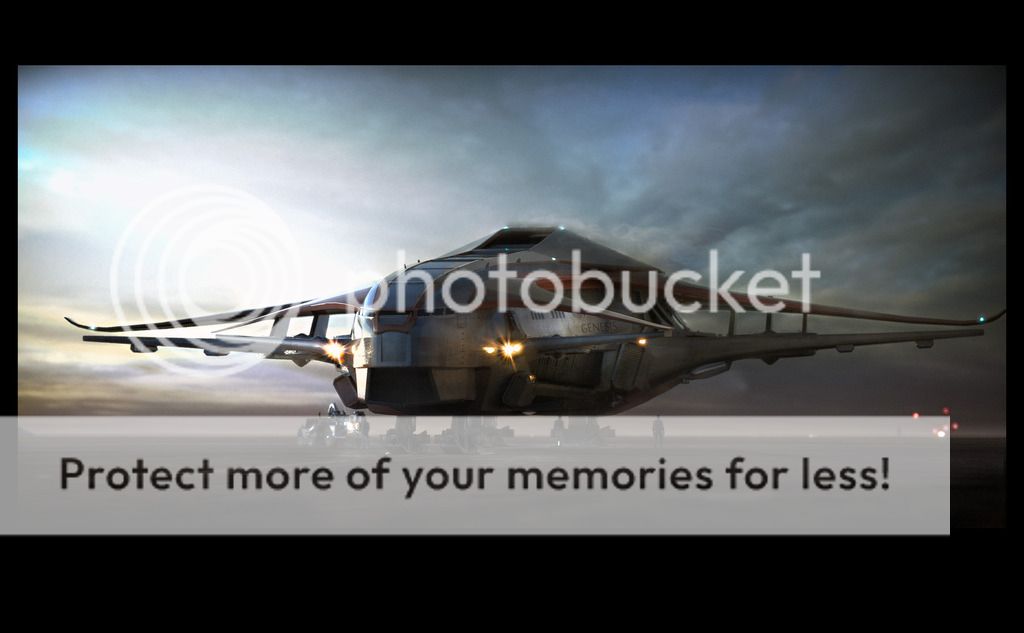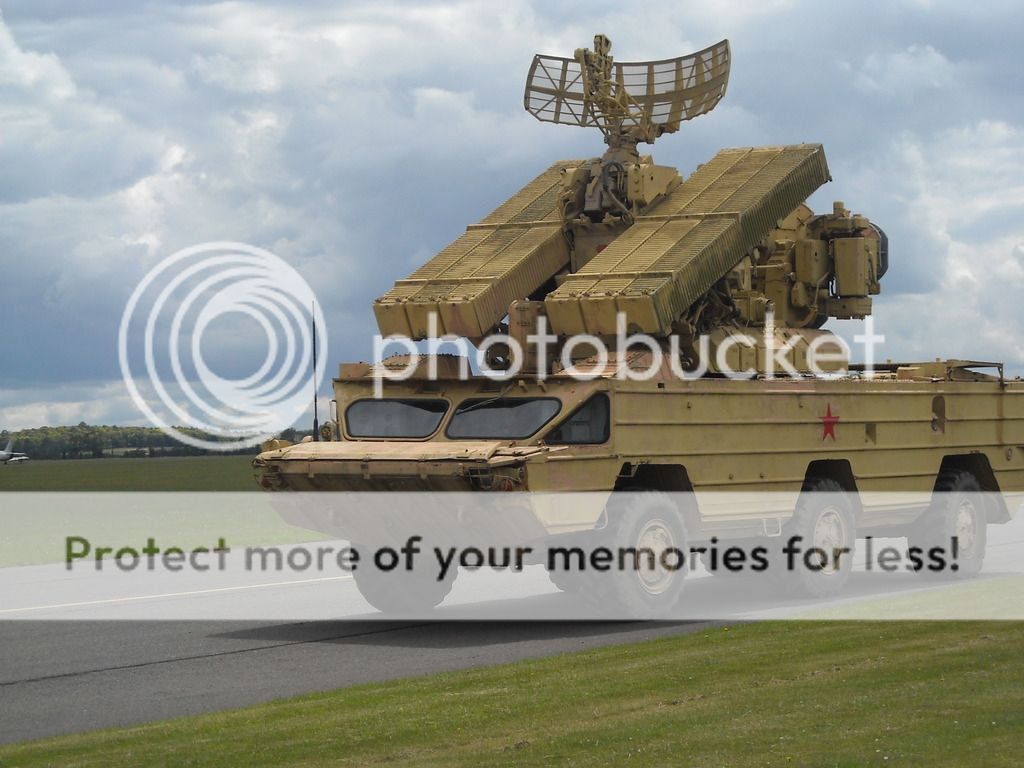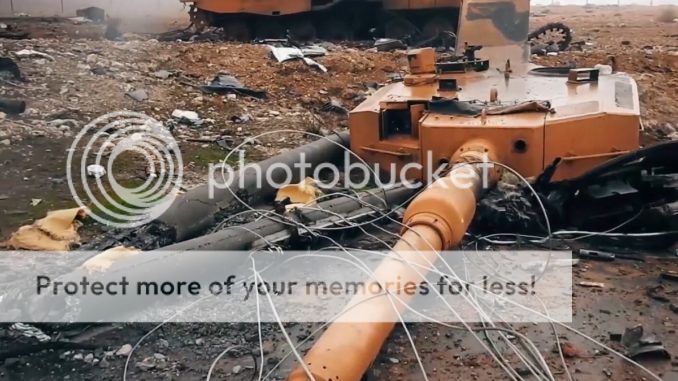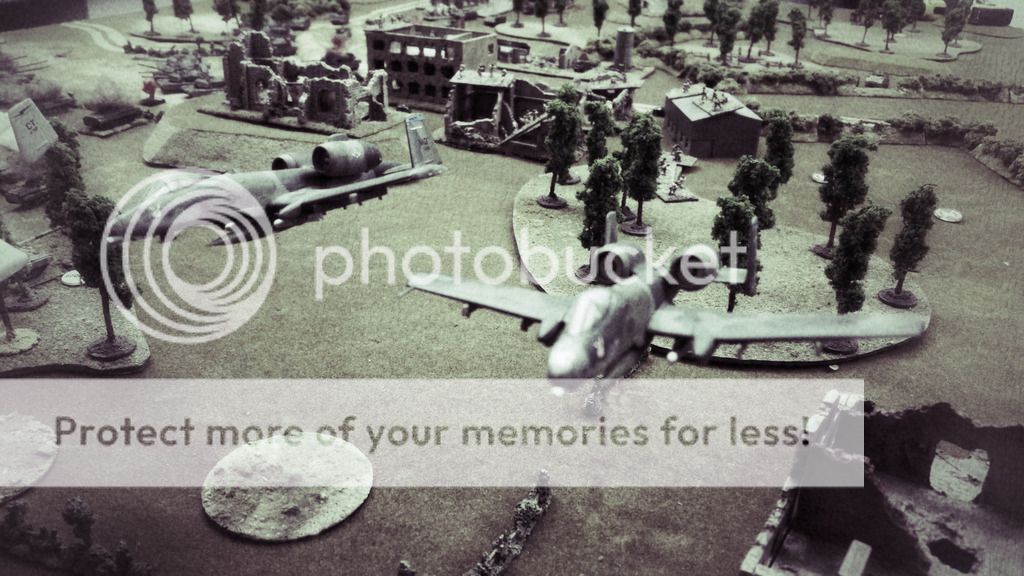2017 will see the centenary of the Battle of
Passchendaele with events taking place in Belgium in July. The battle
which was also known as The Third Battle of Ypres was one of the major
engagements of the First World War and one of the
largest battles Britain’s Armed Forces have ever fought.
Here’s eight facts on what First World War soldiers used to call the Battle of Mud:
1.The battle took place on the Western Front, from
July to November 1917, for control of land south and east of the Belgian
city of Ypres in West Flanders. It lasted just over 3 months,
marginally less than the Battle of the Somme. The
loss of life was considerable and the offensive achieved mixed results.
2. Within a few days of the battle the heaviest
rain for 30 years had turned the soil into a quagmire, producing thick
mud that often immobilised tanks. When the Tank Corps was formed it had
no distinctive colours but in 1917 — just before
the Battle of Cambrai — it adopted its Brown, Red and Green colours
which are still used by the Royal Tank Regiment today. The colours
represented the struggle of the Corps — ‘From mud, through blood to the
green fields beyond’.
3. The standard British army rifle in 1917 was the
iconic Short Magazine Lee- Enfield (aka the SMLE), a marksman could fire
15 aimed shots a minutes and earned an extra six pence a day — almost
doubling his pay back then! It weighed around
four kilograms, a similar amount to the SA80 individual weapon carried
by troops today; however the SA80 fires a potential 610–775 rpm.
4. The battle saw an estimated 325,000 Allied and
260,000 German casualties. By 1917 armies had tried to modernise to
reduce the casualty rate. At Passchendaele soldiers of all sides wore
protective headgear. The weight of the British Mark
I helmet was about 2 pounds, made out of manganese steel alloy, it was
light, robust, simple to make and had the best ballistic performance of
any WW1 helmet. The Mk 7 helmet used by troops today weighs 2.2 pounds
and can stop fragments travelling at over
650 metres per second.
5. Some estimates claim 90,000 British and
Commonwealth bodies were never identified and 42,000 never recovered
from the battle. However bodies from the First World War are still being
found and identified 100 years later. The remains of
two British soldiers were found recently and given a ceremonial burial
with full military honours on 19 October 2016. The Ministry of Defence’s
Joint Casualty and Compassionate Centre will deal with fallen soldiers
in the same way whether they’re casualties
of the First World War or recent conflicts like Afghanistan.
6. As with the battle of the Somme in 1916,
Passchendaele saw Britain forces fight closely alongside its
Commonwealth allies of Australia, Canada, India, New Zealand and South
Africa. This would be repeated many times in the next 100 years,
including the Second World War, the Korean War, in Afghanistan and
currently in the fight against Daesh.
7. Blood banks and transfusions were developed
during the First World War and by 1917 the Royal Medical Corps (RAMC)
established the first blood bank on the Western Front in preparation for
Passchendaele. The RAMC expanded rapidly during
the First World War; on mobilization the Corps consisted of
approximately 9,000 ‘other ranks’, by 1918 there were 13,000 RAMC
Officers and 154,000 ‘other ranks’. Wherever there is conflict featuring
British Armed Forces the RAMC is always there. Since the
Victoria Cross was introduced in 1856 there have been 29 Victoria
Crosses awarded to members of the RAMC.
8. The last British surviving combat soldier of the
First World War was 111 year old Harry Patch who died in 2009. Harry,
who fought as a Lewis [machine] gunner at Passchendaele where he was
wounded and evacuated never spoke about the war
until he turned 100 years old. Harry was laid to rest in Wells
Cathedral, his body was carried by members of his old unit The Rifles
and walking behind his coffin in solidarity were military
representatives of France, Belgium and Germany.
Comment: Saw the above info on UK MOD web site and found it quite interesting.
-
 -
- -
-
 -
-